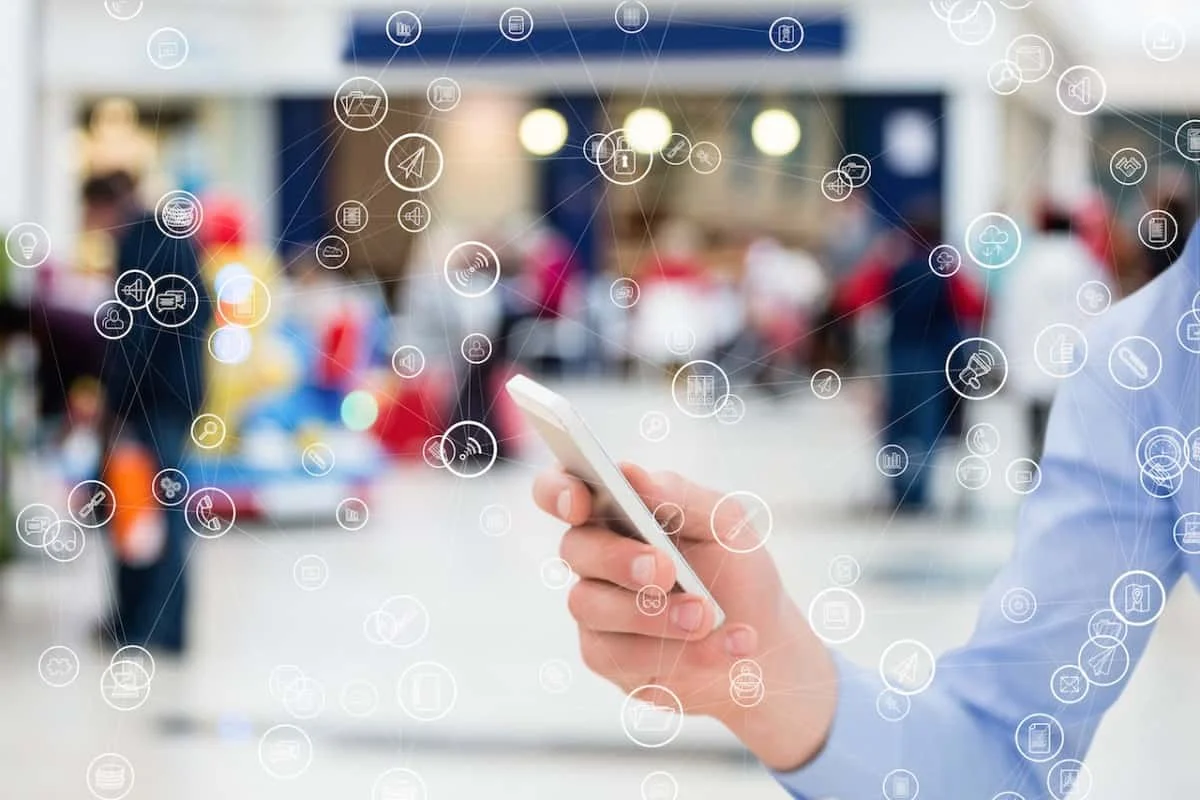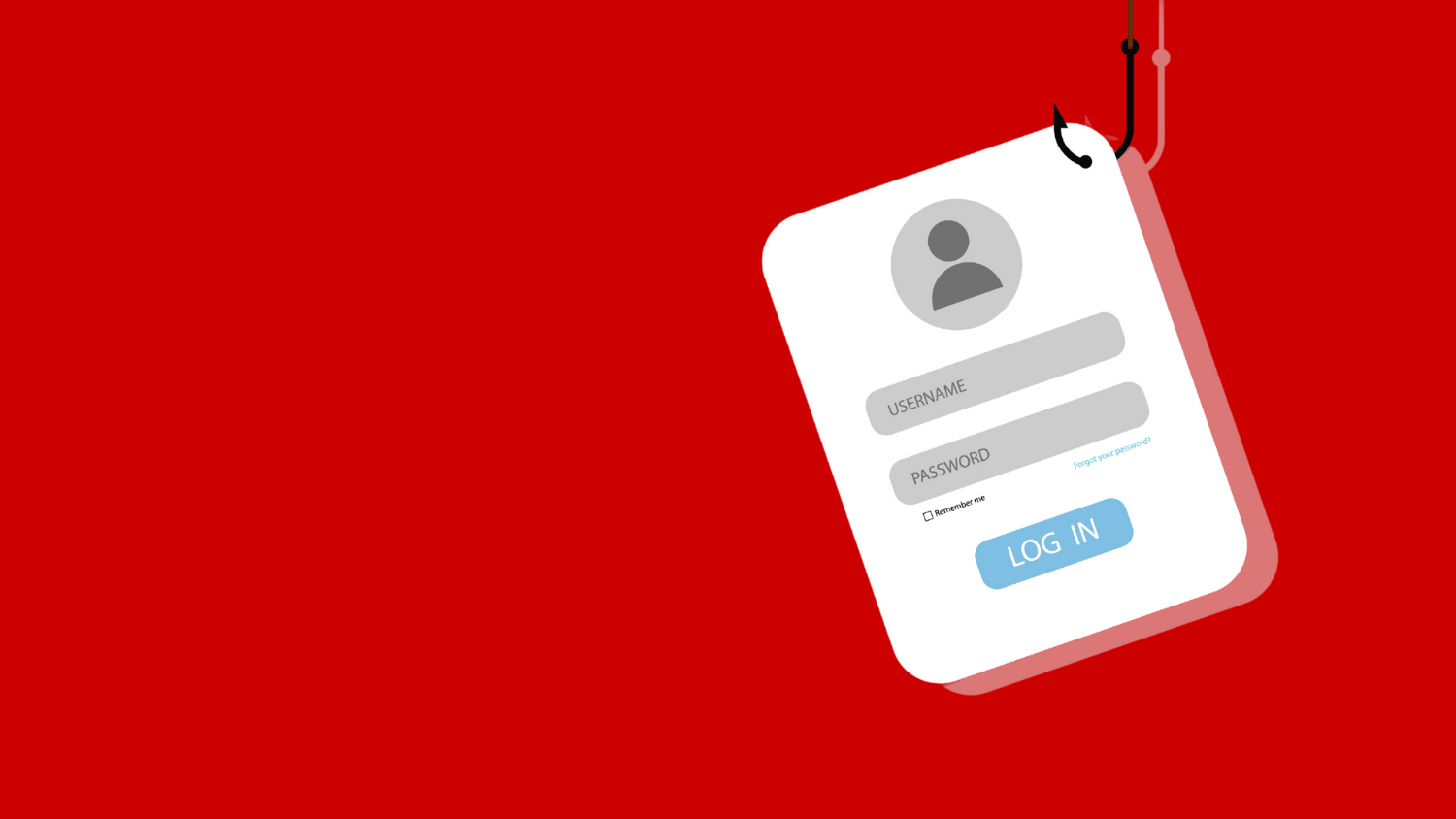7 Easy Ways to Avoid Common Internet Security Mistakes

Let’s find out the common internet security mistakes you probably make yourself as well.
You may not realize it, but most likely you are online 24/7. Your smartphone, computer, tablet, smart box, or gaming device are all connected to the Web.
If suddenly you find yourself without an internet connection, you will understand how critical the internet is. Would you feel lost or powerless? Would it look like your daily routine is somewhat disrupted? That’s how important the internet has become.
Considering the amount of time you spend online, it is vital to ask yourself a question:
Are you staying safe or will you be the next victim of the web?
As you connect to the internet, you become prey.
This is not necessarily negative. Every website you visit is looking for personal information about you. The data collected may be used to provide you with an enhanced user experience, which is to your advantage.
But the same information is often used for less welcomed activities like spamming, phishing and aggressive marketing. In most cases, even censors, governments and cybercriminals are looking for you and, this time, not for noble intents.
Wise internet users do not just carelessly log on. If you want to use the internet like a boss you need to protect yourself by taking the necessary precautions. Your internet security and privacy must be adequately protected and secured if you don’t want to become a victim of the Web.
Being mindful of internet security
The internet is an amazing thing. It has been one of the most incredible revolutions in the modern era. Unfortunately, people often talk about the benefits of the internet but completely overlook the dangers of it.
Oftentimes, we just realize how dangerous the Web is when confronted with a major problem and our internet security is violated. This is of course way too late to deal with the matter.
As the internet usage expands and new websites keep mushrooming every hour, the dangers for your internet security are growing ever faster too.
And they are becoming more and more difficult to prevent and to block. Every day hackers and cyber criminals study a new way to get your information and make illegal profit with them.
Bottomline, the internet can be your best ally or your worst enemy. It all depends on how you use it and how aware you are of the need to protect your digital life.
Utilizing the internet like a boss means getting the best out of it without putting yourself in uncomfortable and dangerous situations.
To become an internet boss you don’t need to be an IT engineer a nerd or a computer freak.
Just read on to learn the most common internet security mistakes and the ways to avoid them:
7 Tricks to avoid internet security mistakes
1. Password management
Password administration is critical to electronic safety and internet security. The time when one password was good for every account is gone.
Many websites are becoming more and more strict with your password choice. They force you to implement it using a combination of letters, numbers, symbols, appropriate length, and so on.
Oftentimes, you may be advised on the strength of the password you’ve chosen and be forced to change it if it is weak.
As annoying as it can be, this is exactly what you should do with each password you use. The temptation to use the same password for multiple accounts or to use easy-to-remember passwords is for sure there. But that would be a huge mistake.
Hackers have powerful programs that scour the net looking for username/password combination. If your passwords are not strong enough or, even worse, if you use the same one for multiple accounts you may be doomed for disaster.
Hackers can easily access your email, online banking, credit cards and other high sensitive information. You may easily imagine what may happen if they can get there.
2. Protect your personal information
It is all too common to post personal information on social media and various other accounts. You may not think twice as you do it assuming that only your friends or contacts will look at it and share it. The sad reality is that anyone can see it and use it against you.
Be mindful when you share your personal information. And if a website is asking info about you like name, phone number, date of birth and so on, stop just a moment before you do it.
Ask yourself: Why do they need it? Who is going to manage my information? What will they do with them? How sensitive is the info? What could be the danger for my digital security?
If any of these questions make you feel uncomfortable and if you are dealing with unknown websites, be extremely careful and seriously think about giving up.
3. Only visit secure websites
All the safety measures in the world make no difference if you visit unsafe websites. If you do that, you’re openly exposing yourself to data theft.
You may easily recognize secure sites by the suffix HTTPS, where the added S stands for security. These websites are protected by an enhanced security protocol compared to the old HTTP.
Sometimes you may even notice a padlock sign next to the URL. This is another indicator that the website is secure.
In particular, if you have to make an online payment, make sure that SSL encryption is available and active. SSL will protect your payment details and prevent them from being intercepted by cyber criminals.
4. Always use a VPN
A VPN (Virtual Private Network) connection will save you a lot of headaches. A VPN connection is the ultimate tool to protect your internet privacy.
The functionalities of a VPN like Private Internet Access can enhance your internet experience to a degree that you never experienced before. Once you connect to a VPN server, you can surf anonymously, and you will be totally protected.
The VPN will mask your real IP address, and all your data is encrypted. As a result, websites or hackers cannot even understand where you are connecting from.
And in case they intercept your data, the encryption will make it impossible to read, and therefore it will be useless.
At the moment, no other technology on the market can guarantee you such a high level of protection.
5. Use a firewall
A firewall is an important security precaution. It gives you control over the changes made on your computer. Before you download software or if an outside source asks to make changes to your computer, you’ll be asked permission.
This way you may control who is trying to enter your device for whatever purpose and easily block malicious attempts.
For better protection, it is always advisable to have even an anti-malware installed as explained in the next point.
6. Use/update virus protection and anti-malware software
You never know when you will bump into a website or a file that will cause you problems because infected. An Antivirus and Anti-Malware is a crucial and fundamental step to protect yourself.
As a user, you may have two major problems here. First, you may be among the many users that still access the internet without an Antivirus at all.
As crazy as that may sound, this is a reality. A second problem is you have an Antivirus, but you do not update it regularly. In time your Antivirus becomes useless because it is not able to fight off the new threats that keep coming out almost on a daily basis.
The suggestion here is incredibly simple. Install an Antivirus and update it regularly.
Do not forget to do the same for each of your devices. Many users are very careful when it comes to protecting computers, but they don’t do the same with smartphone, tablets and other devices.
Any device that connects to the internet is at risk and need to be protected properly.
7. Be careful of how you use your email
Email, in this day of immediate messaging, is still the leading kind of interaction between internet users. So, you have to make sure you’re using it safely.
Never open emails from unknown sources. If there is an unknown attachment in .zip format, this is a big NO. Often these attachments are infected, and you may severely compromise your device and you internet security as well.
Most importantly, never send valuable information through an email unless you are securely protected by a VPN connection.
Are you ready for internet security?
You now know how to avoid the most common internet security mistakes.
The internet is a fantastic thing. But users should be conscious of these threats and understand how to safeguard themselves to enjoy a pleasurable and satisfying web browsing experience.
As we just explained, there are several actions you can take to secure yourself. However, the finest, the one that gives you total protection from mega-corporations, government agencies, hackers, and cybercriminals is VPN.
A VPN provider like Private Internet Access grants you the only security system to protect your connections, information, and devices.
Read our disclosure page to find out how can you help VPNCentral sustain the editorial team Read more






User forum
0 messages